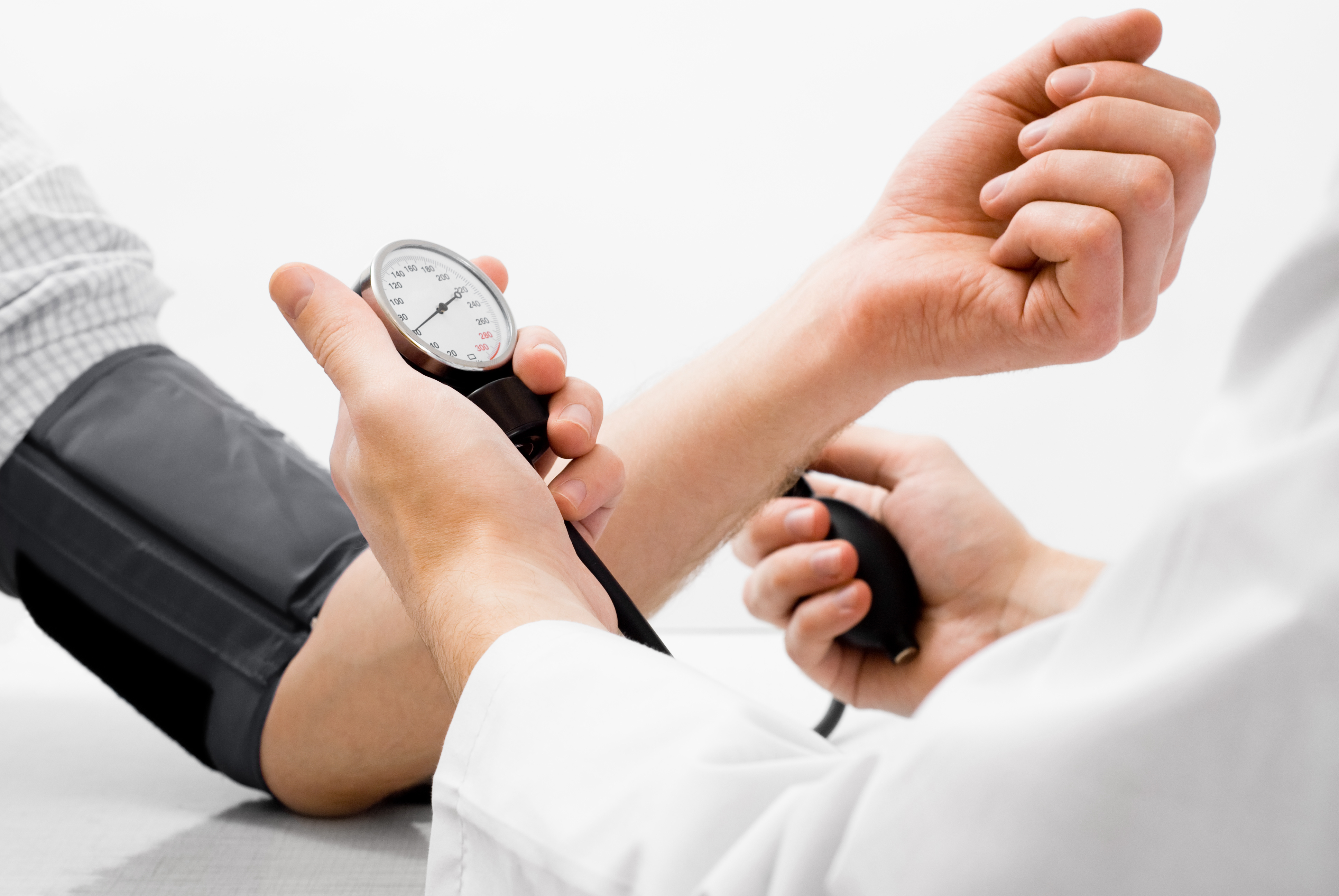Low-Sodium Diet May Not Always Lower Blood Pressure

Are you one of the many Americans that have been told they have high blood pressure? You’re not alone, as according to the CDC, 75 million American adults (nearly 25% of the entire US population) have high blood pressure. High blood pressure increases the risks of heart disease and strokes, the number 1 and 3 top causes of deaths in America. This is why high blood pressure is called the ‘silent killer’. It also costs an estimated $46 billion a year in medical expenses which includes doctor visits, medications, hospital and other healthcare in addition to days missed at work.
As your heart pumps blood through your arteries, it has a force that is exerted against the walls of the arteries. It’s this force that doctors and nurses measure. That pressure in your arteries rises and lowers at certain times of the day. It also increases with physical exertion. There are two pressures measured, one when the heart beats (systolic) and the other when the heart relaxes between beats (diastolic).
Most medical experts consider blood pressures ranging from 90/60 to 120/80 as normal blood pressure. Pressures measuring just over 120/80 to 140/90 are considered pre-high blood pressure and anything over 140/90 is considered high blood pressure. Under normal circumstances, it’s not unusual to see high blood pressure readings after exercising or working hard, but if it stays high, then it’s something to worry about.
I’ll confess that I have been diagnosed as having high blood pressure, but was told that it is probably due to my being overweight and having too much salt or sodium in my diet. Many years ago, when I lived in Arizona and worked outside in the hot summer sun, I cut back on my sodium intake because my dad was told he had high blood pressure and I took after him in many ways. However, I ended up getting sick and nauseous a lot and a doctor told me that I had cut too much sodium out of my diet.
Now I have high blood pressure and have been told to cut back on the sodium. After swearing I would never be one of those health nut label readers, I find that I now read labels on most food items. I watch for salt, sugars and fats, mostly. Yes, I have been cutting back on my sodium to help keep my blood pressure lower.
But is that really necessary? Does a low-sodium diet always help lower high blood pressure?
If you are like me and have been told to watch your sodium intake because of high blood pressure, you may be interested in this:
“A new study that followed more than 2,600 men and women for 16 years found that consuming less sodium wasn’t associated with lower blood pressure. The new findings call into question the sodium limits recommended by the current Dietary Guidelines for Americans.”
Dr. Lynn Moore, DSc, Associate Professor of Medicine at Boston University School of Medicine, who led that study, stated:
“We saw no evidence that a diet lower in sodium had any long-term beneficial effects on blood pressure. Our findings add to growing evidence that current recommendations for sodium intake may be misguided.”
“Our new results support these other studies that have questioned the wisdom of low dietary sodium intakes in the general population.”
One interesting thing the study also revealed was:
“The researchers also found that people in the study who had higher intakes of potassium, calcium and magnesium exhibited lower blood pressure over the long term. In Framingham, people with higher combined intakes of sodium (3,717 milligrams per day on average) and potassium (3,211 milligrams per day on average) had the lowest blood pressure.”
Before you run out and grab the salt shaker and begin sprinkling your food or diving into a bag of potato chips or popcorn, please do check with your doctor. Everybody’s system is different and what works for one person may not work for another. One way or another, if you have high blood pressure, try to lose extra weight if you are overweight and take whatever medication your doctor prescribes.








Recent Comments